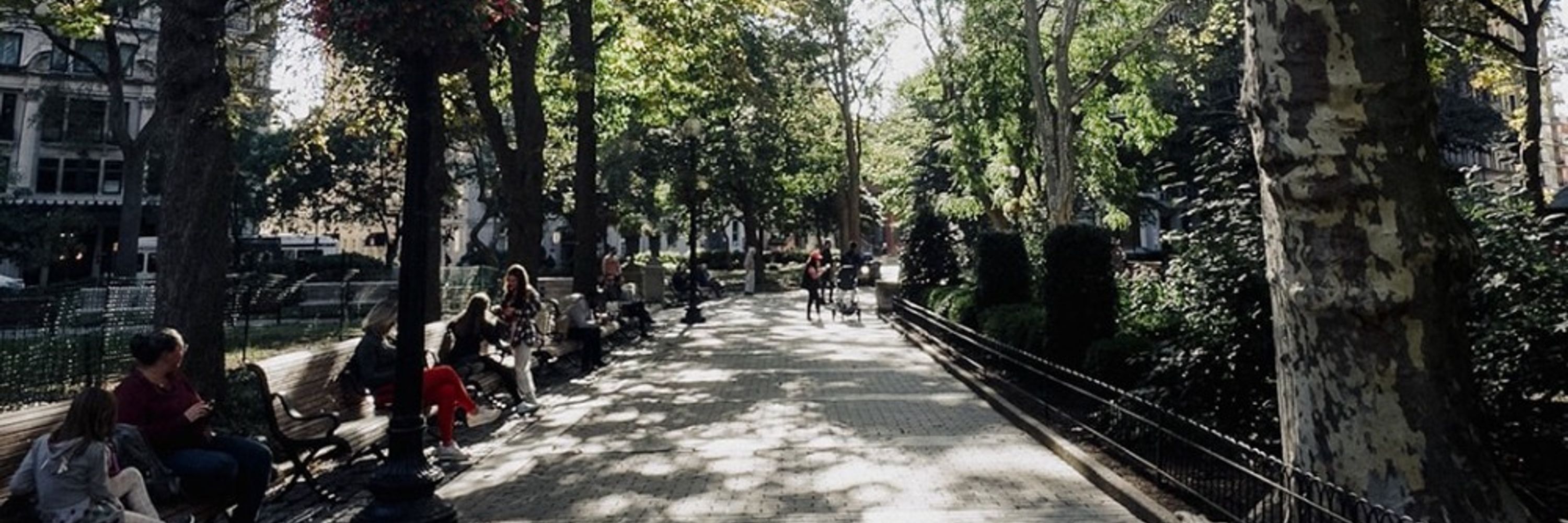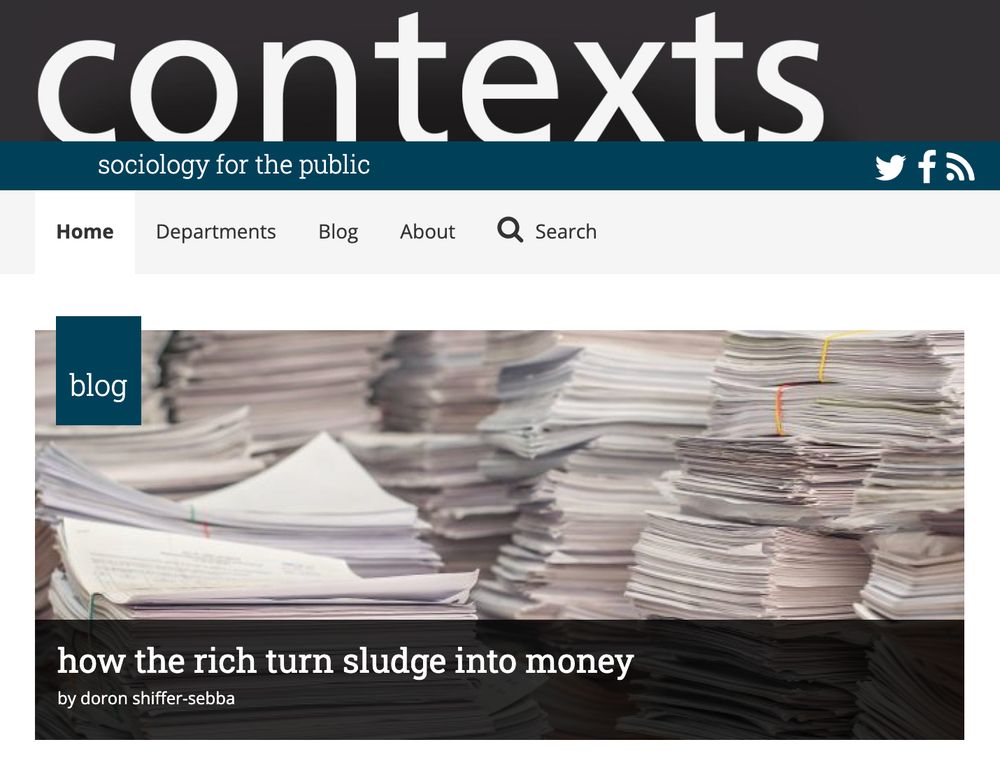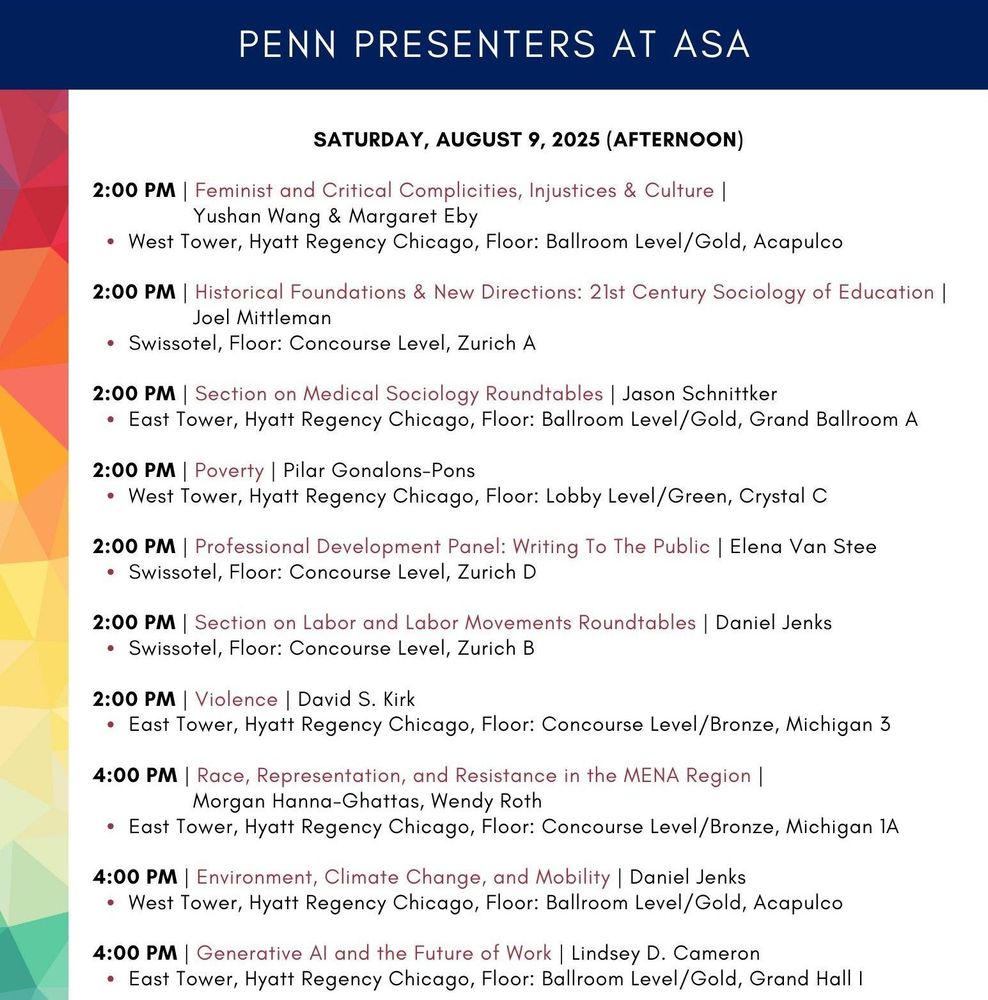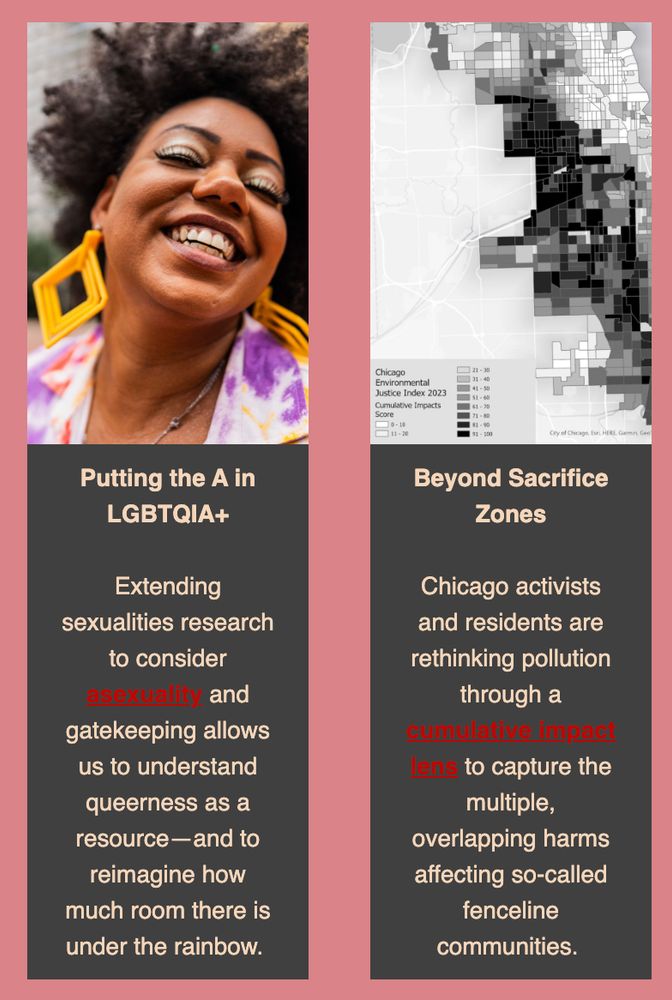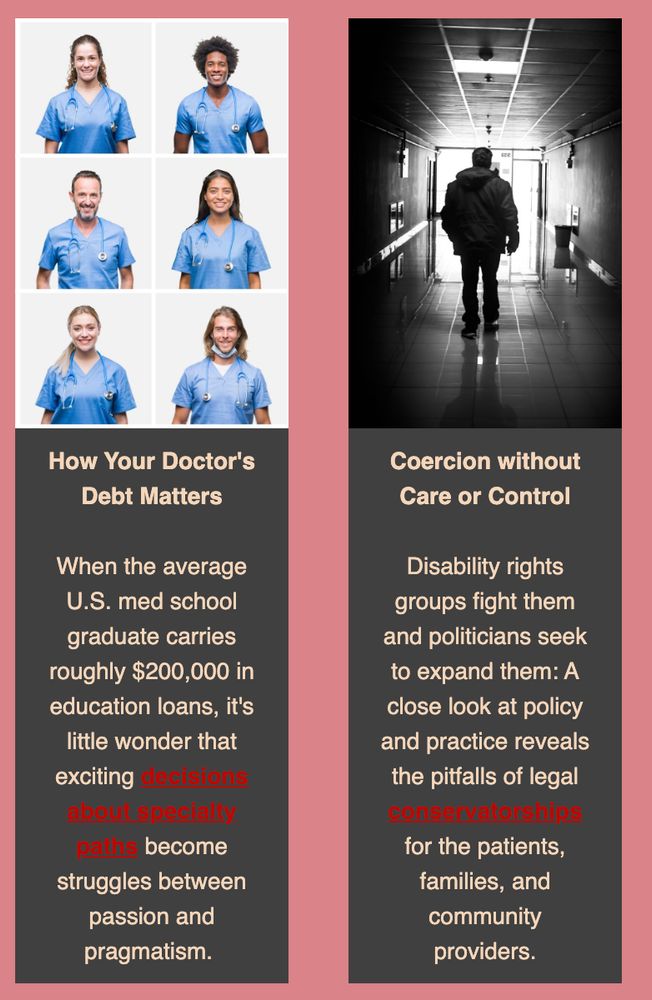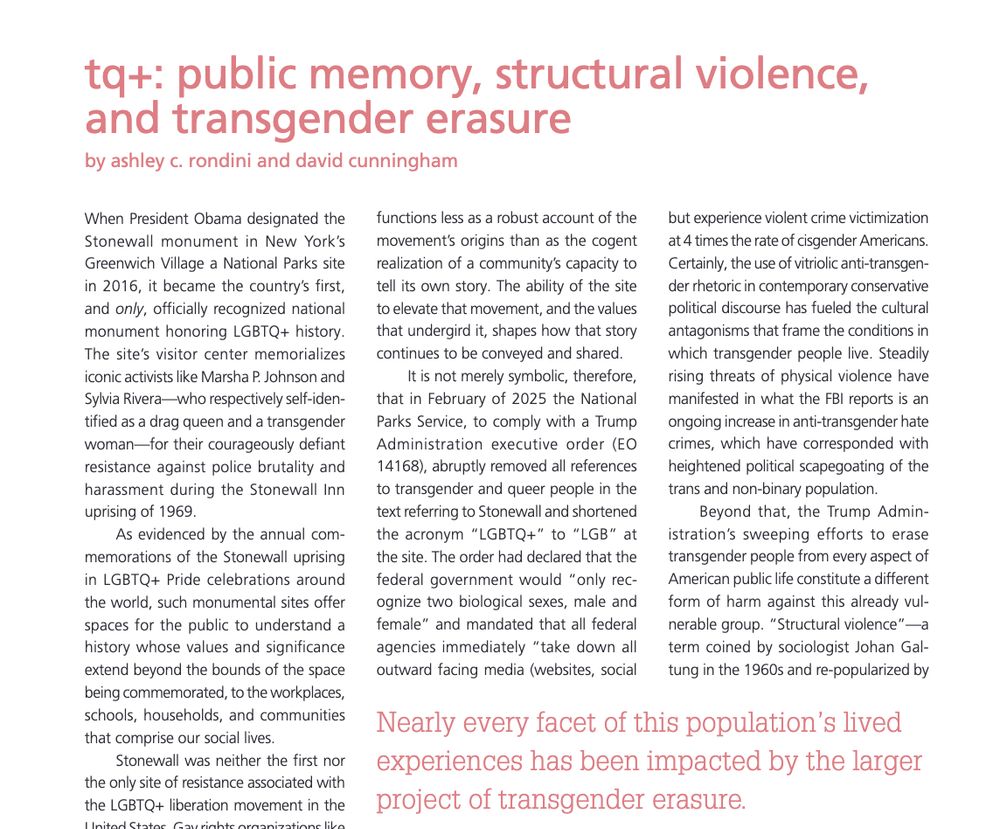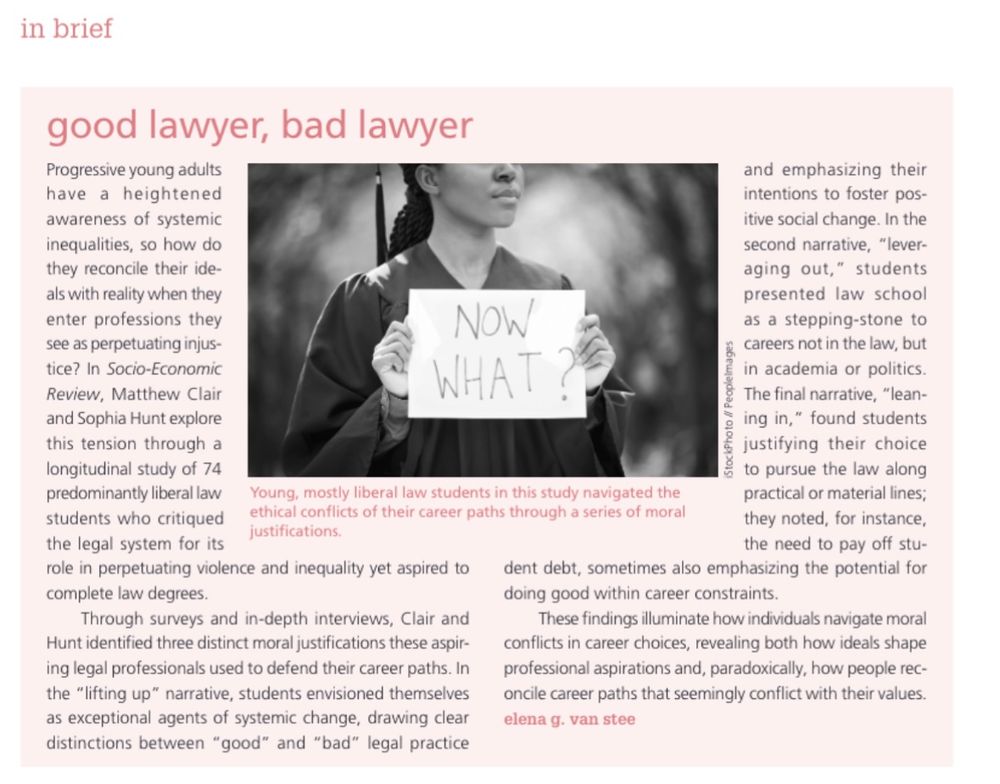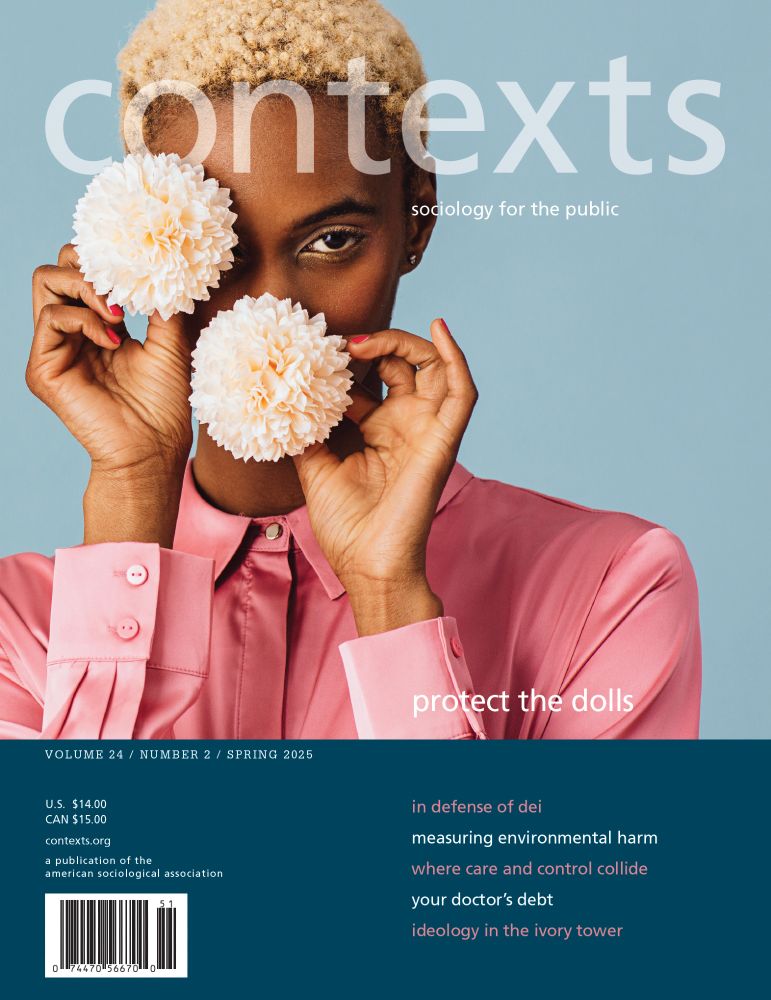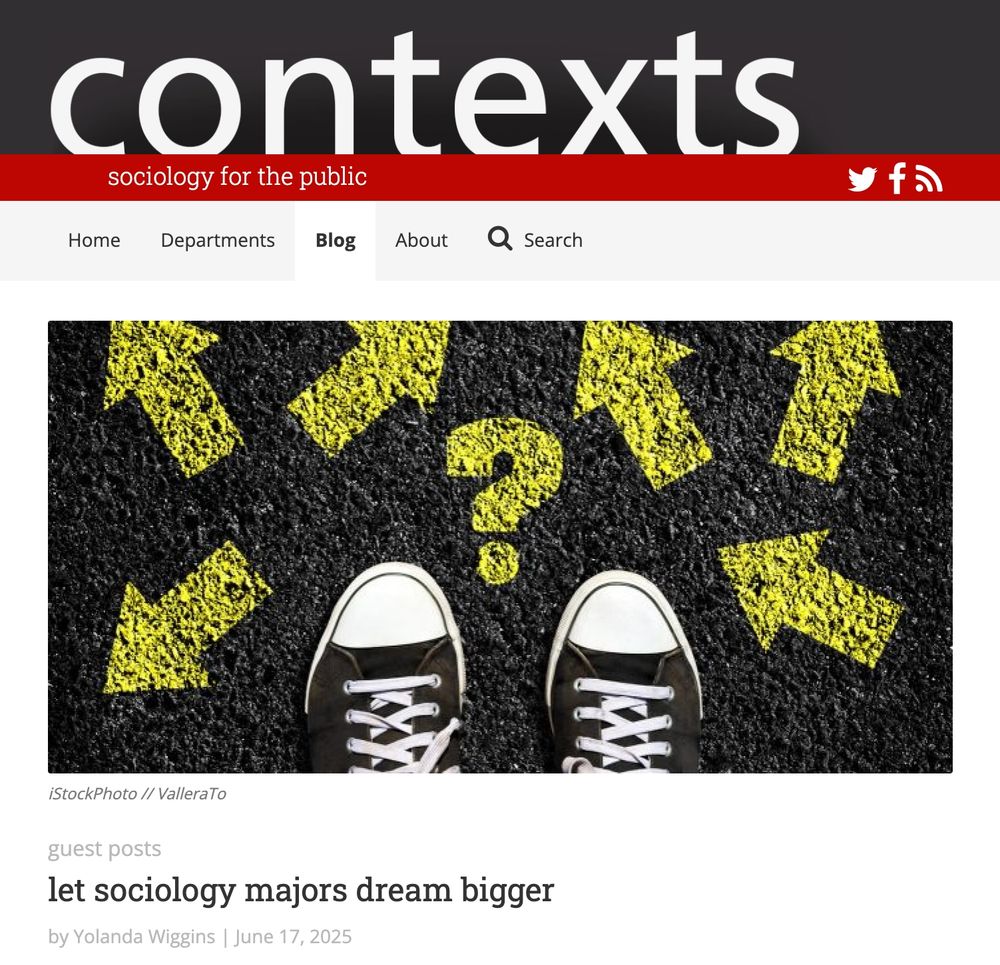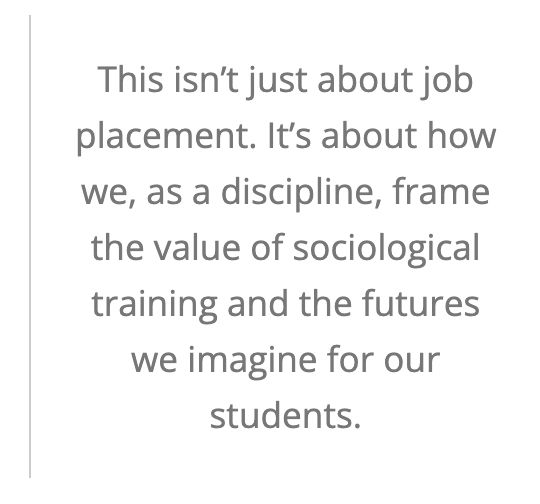Elena G. van Stee
@elenavanstee.bsky.social
1.4K followers
390 following
86 posts
PhD Candidate in Sociology @upenn.edu | Fellow in Sociology @harvard.edu | Incoming managing editor @contexts.org | www.elenavanstee.com
Posts
Media
Videos
Starter Packs
Reposted by Elena G. van Stee
Reposted by Elena G. van Stee
Reposted by Elena G. van Stee
Reposted by Elena G. van Stee
Reposted by Elena G. van Stee
Reposted by Elena G. van Stee
Reposted by Elena G. van Stee
Reposted by Elena G. van Stee
Reposted by Elena G. van Stee
Reposted by Elena G. van Stee
Reposted by Elena G. van Stee
Reposted by Elena G. van Stee
Reposted by Elena G. van Stee
Reposted by Elena G. van Stee
